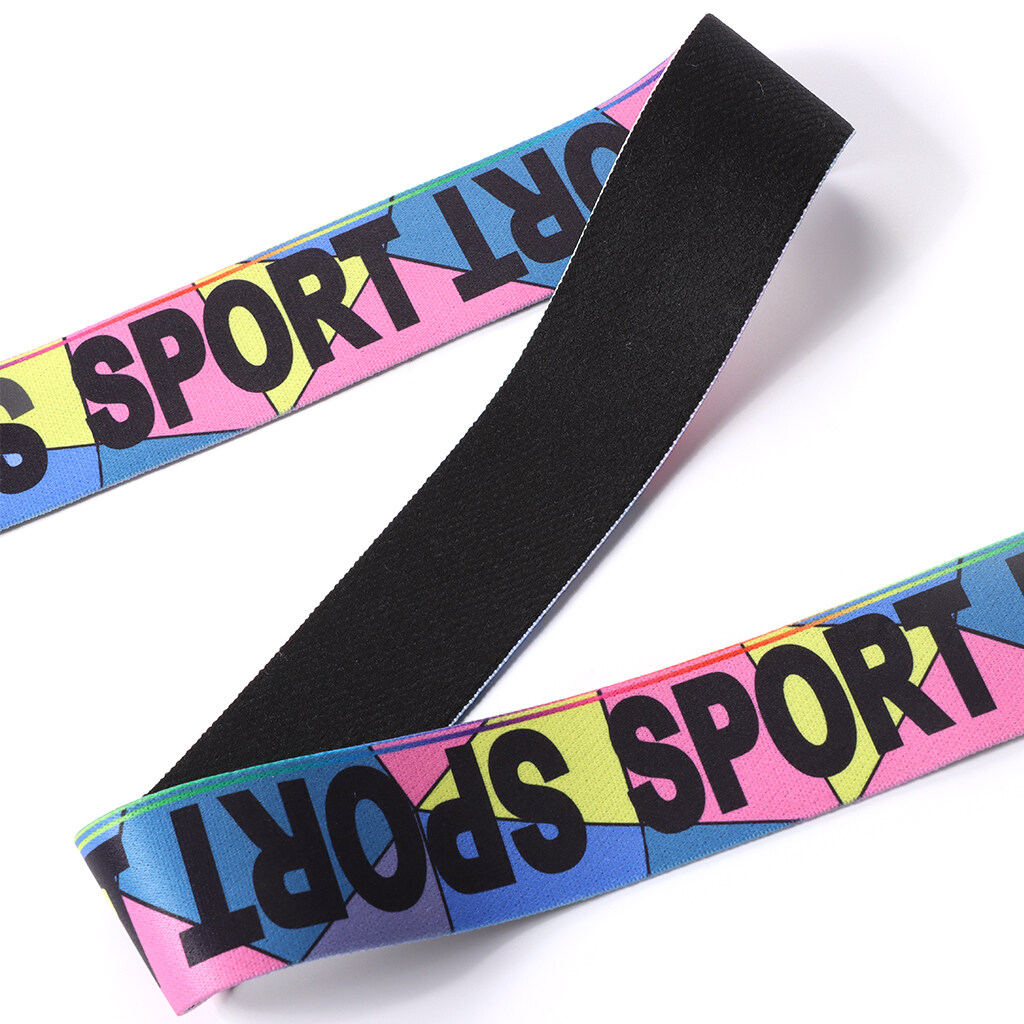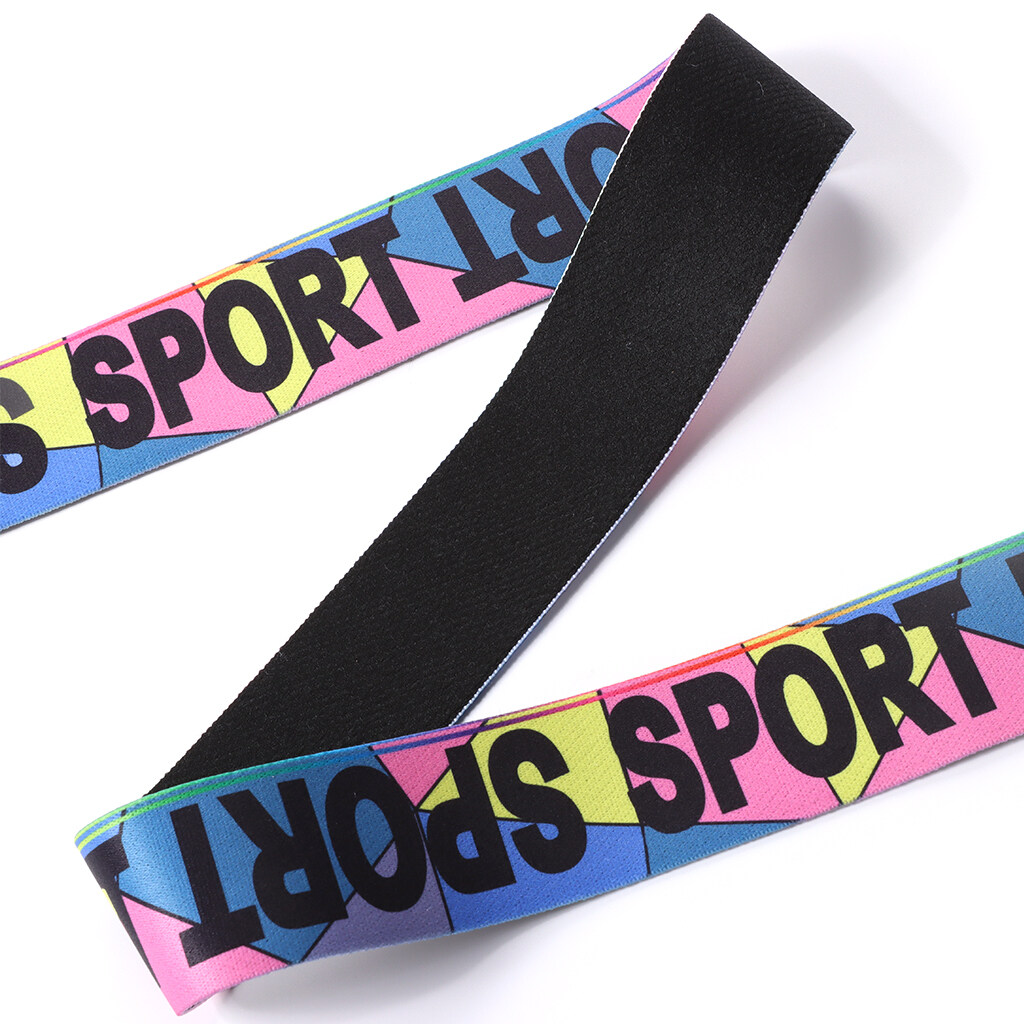Email cannot be empty
Password cannot be empty
Email format error
Email cannot be empty
Email already exists
6-20 characters(letters plus numbers only)
The password is inconsistent
Email format error
Email cannot be empty
Email does not exist
6-20 characters(letters plus numbers only)
The password is inconsistent


Polypropylene webbing has become an indispensable component in various industries, ranging from outdoor gear and sporting goods to automotive and military applications. As the demand for durable and versatile webbing materials continues to rise, businesses and consumers alike find themselves in need of reliable polypropylene webbing suppliers. This article delves into the intricacies of polypropylene webbing, exploring the importance of quality, the versatility of elastic bands, and the growing popularity of polyester varieties.
Polypropylene webbing is a type of strap or ribbon made from a synthetic thermoplastic polymer. Known for its exceptional strength, resistance to moisture, and durability, polypropylene webbing is widely used in the manufacturing of backpacks, luggage, pet accessories, and industrial straps. Its popularity is attributed to its ability to withstand harsh environmental conditions, making it an ideal choice for outdoor and heavy-duty applications.
Choosing the right polypropylene webbing supplier is crucial for ensuring the quality and performance of the end product. Reliable suppliers adhere to strict manufacturing standards, using high-quality raw materials and advanced production techniques. When evaluating suppliers, it's essential to consider factors such as tensile strength, UV resistance, and colorfastness. Reputable suppliers provide detailed product specifications and offer customization options to meet the unique requirements of different industries.

Elastic bands integrated into polypropylene webbing add an extra layer of functionality and versatility. This feature is particularly beneficial in applications where flexibility and stretchability are essential. Elastic polypropylene webbing is commonly used in medical garments, sports apparel, and adjustable straps. Manufacturers can customize the degree of elasticity to meet specific requirements, providing a tailored solution for each application.
While polypropylene webbing remains a popular choice, polyester varieties are gaining traction in the market. Polyester webbing offers advantages such as higher UV resistance, lower water absorption, and enhanced color retention compared to traditional polypropylene. This makes polyester webbing suitable for outdoor applications where exposure to sunlight and moisture is a concern. Polyester webbing is also known for its soft and smooth texture, making it a preferred choice for applications where comfort is a priority.
Polypropylene webbing suppliers play a crucial role in delivering high-quality materials that meet the diverse needs of various industries. Navigating the options available involves considering factors like tensile strength, UV resistance, and customization options. Additionally, the integration of elastic bands and the emergence of polyester varieties further enhance the versatility of polypropylene webbing, opening up new possibilities for innovative applications. By staying informed about these developments, businesses and consumers can make informed decisions when selecting polypropylene webbing suppliers and choosing the right material for their specific needs.